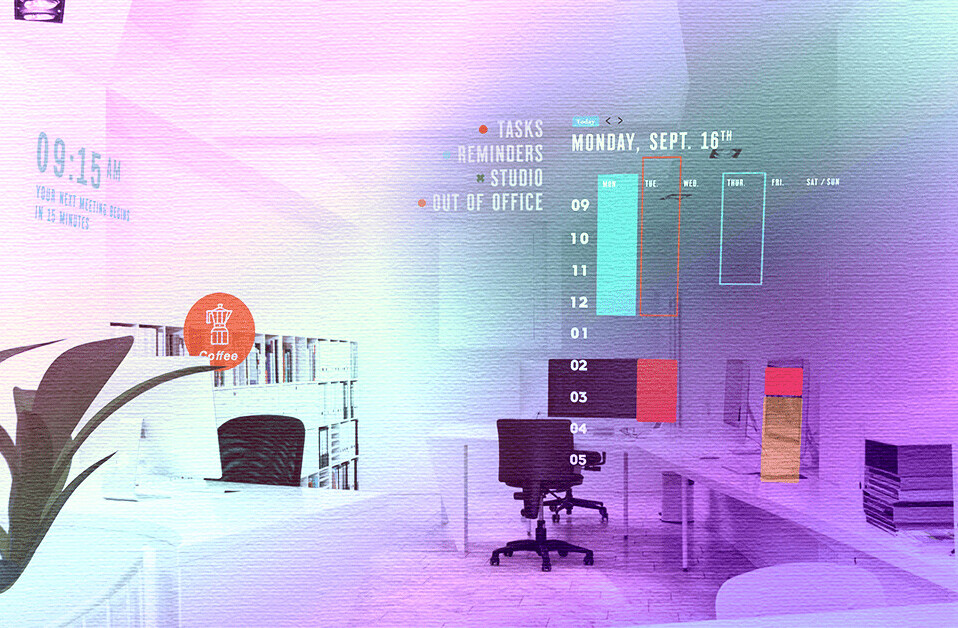
The economy that underpins the cultural industries have not kept pace with the technologies support creative arts. You can create films, music, songs, and other work of art with little more than a smartphone and a computer. And you can publish your creative content on YouTube, Facebook and other platforms without spending a dime.
But if you want to make a living as an artist, you’ll have to overcome many obstacles. There’s a long list of brokers, publishers, streaming companies, license holders, retailers, and more that stand between you and the monetary value of your creative work. And they all want their cut.
Very few artist can defy the norm and go it alone. The rest have to make do with what little the dominating middlemen leave them.
This is something that may change thanks to blockchain, the technology that democratized money. Many experts believe that blockchain has the necessary elements to create platforms that can help the producers of art and creative content get their due.
A fair and transparent economy

Blockchain is a distributed ledger, a database that exists on several computers at the same time instead of a centralized server. None of these computers owns the blockchain exclusively. The nodes that maintain the blockchain validate every new record before adding it to the ledger. Due to its nature, the blockchain is transparent and immutable.
These are the characteristics that have enabled blockchain to disrupt many industries that previously relied on centralized brokers. Bitcoin, the first application of blockchain, enabled users to maintain and exchange digital money without the need for banks, clearing houses, credit companies and other financial middlemen.
There are several ways artists can benefit from blockchain and a handful of companies and organizations are already exploring them.
One example is StreamSpace, a startup that wants to change the film industry by challenging the way centralized hubs such as Netflix and Amazon dictate the rules for content, prices and royalties.
The StreamSpace platform runs on the blockchain and is governed by the community of consumers and artists that constitute the network. Consumers pay for the network’s content using StreamShare tokens, the company’s proprietary cryptocurrency. As with all transactions performed on the blockchain, payments in StreamSpace go directly to the digital wallets of artists.
There are two clear benefits to pay for services on the blockchain. First, it’s transparent, which means everyone can see the payment history of a specific movie or TV series, and how those payments have been distributed between the involved parties. This is a break from the opacity that payments and royalties in both the music and film industry are fraught with.
Second, blockchain creates a direct relationship between consumers and artists, which incentivizes a healthier economy. By knowing that their payments go directly to the people who helped create their favorite works of art and not to greedy gatekeepers, users will be more encouraged to avoid getting involved in piracy and illegal distribution.

In StreamSpace, users can purchase tokens with fiat currency or obtain them as compensation by sharing their free disk space with StreamSpace’s distributed storage network, which hosts the platform’s content. This model solves one of the biggest problems that every video streaming and distribution platform faces. For instance, Netflix, which runs on the AWS cloud, spends hundreds of millions of dollars in storage expenses every year.
StreamSpace will also enable crowdfunding campaigns on the blockchain to help independent directors and producers to get their projects running with the help of the community. The project will be supported by an initial coin offering planned for the next few months.
Another company that is trying to make the funding process of films more fair is the The 21Million Project, a blockchain-based startup named after the ultimate supply limit of Bitcoins. 21Million, which will also be the name of a movie and a TV series the company is developing, plans to use the blockchain to create a libertarian ecosystem for financing film and television content and managing the distribution of copyright assets in a fair, open and transparent way.
Decentralized automation with smart contracts

One of the very interesting aspect of blockchain is smart contracts, transparent bits of code that run on the network without the need for a centralized application server. Smart contracts can automate processes such as rights management and distribution of funds between artists and producers.
Ujo Music, a blockchain-based music streaming platform, uses smart contracts to automate payments and to make the process more fair, transparent and flexible. Artists can define smart contracts to set up rates, licensing terms and payment distribution rules for each of the content they upload on the platform.
Users trigger the smart contract by sending cryptocurrency to its address on the blockchain. The smart contract determines the type of rights and license purchased by the buyer (personal use, commercial use…) based on the amount paid, and registers the user’s purchase on the blockchain. The smart contract directly distributes the payment between the stakeholders based on its predefined rules. Aside from the automation of compensation, smart contracts add a layer of transparency that enables artists to clearly see how their content is being used and who’s using it. It will also provide content consumers with an easy way to prove ownership of their license.

Ujo is also using the blockchain to create a database of metadata description for creative content, a component that the industry has been lacking for a long time. In 2015, Ujo tested its platform in collaboration with award-winning record artist Imogen Heap, a vocal proponent of blockchain technology. Since its launch, Ujo has hosted several artists.
The basic ideas of blockchain for the creative arts are the same that apply to other industries: creating a platform where no single entity can unilaterally make rules for others, and where all the involved parties can act in unison and benefit from the betterment of the community as a whole. Centralized models have failed to yield such results. But as these case studies and the works of other startups show, blockchain might finally level the playing field and enable artists of all level of fame to be compensated for their contribution to making people’s lives more enjoyable.
Get the TNW newsletter
Get the most important tech news in your inbox each week.




